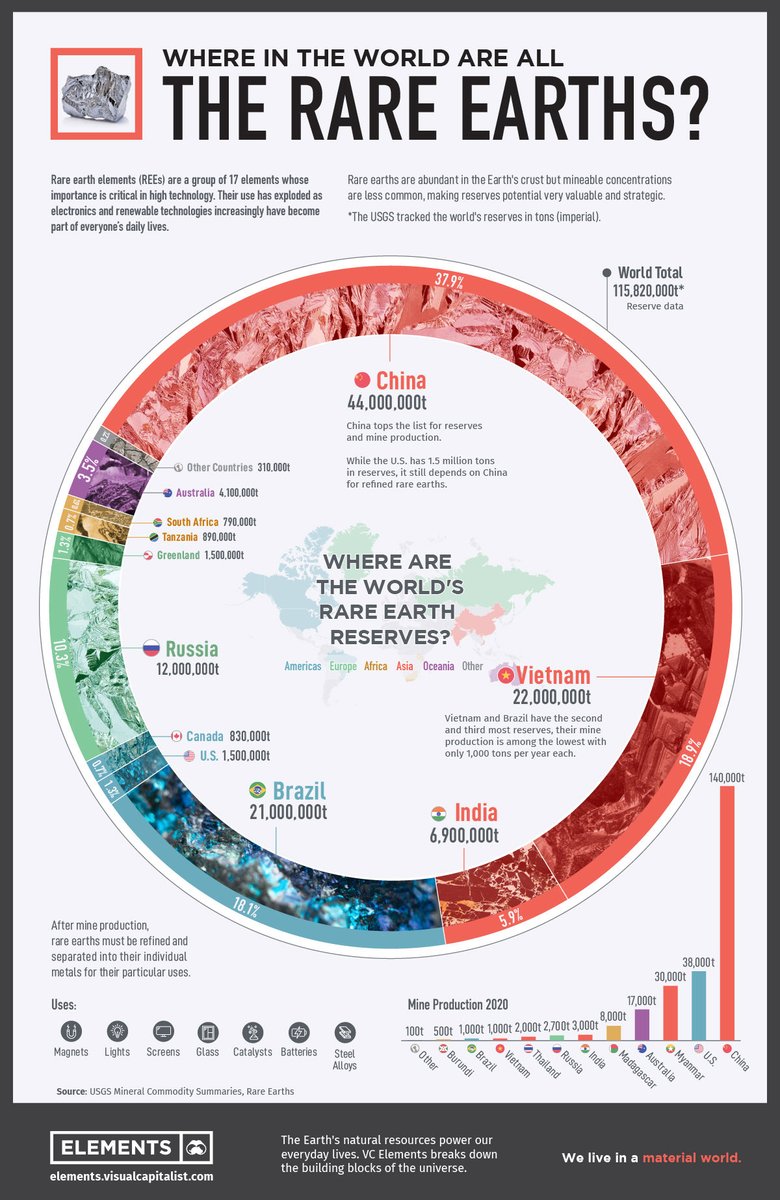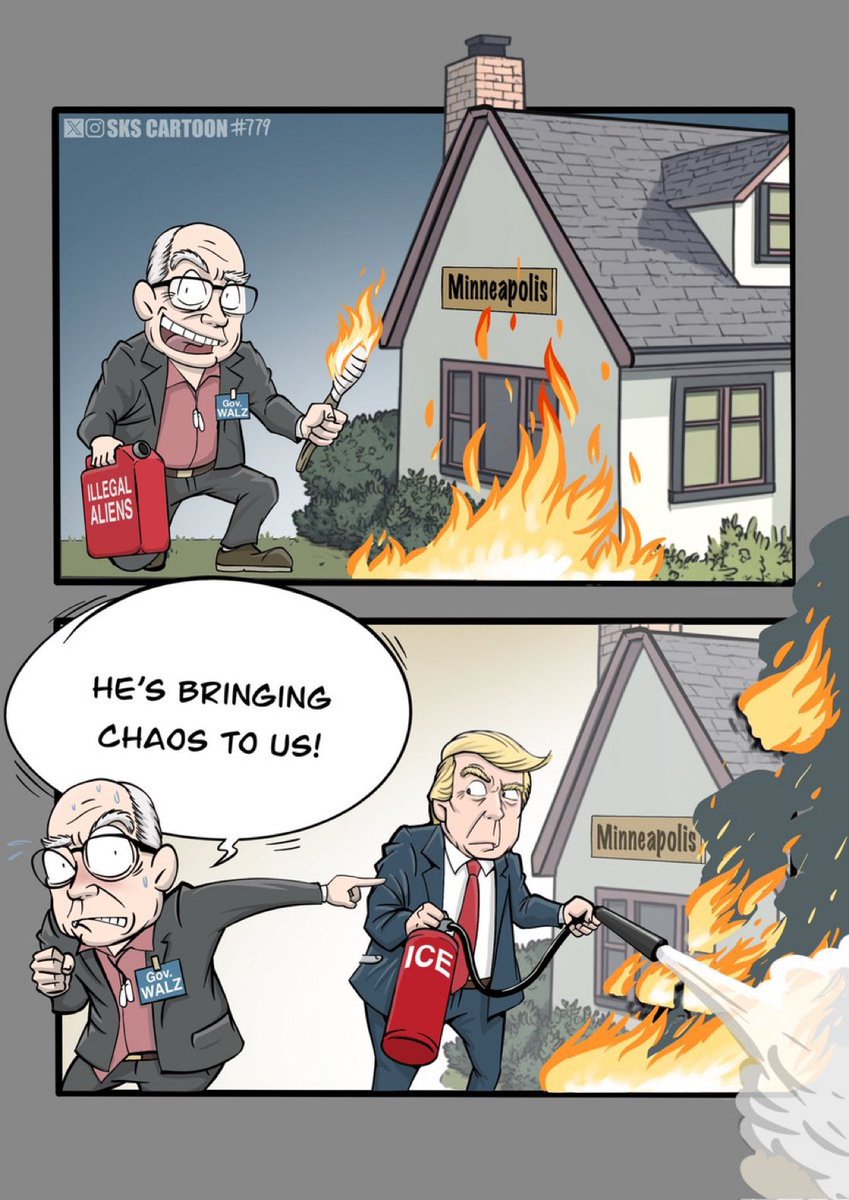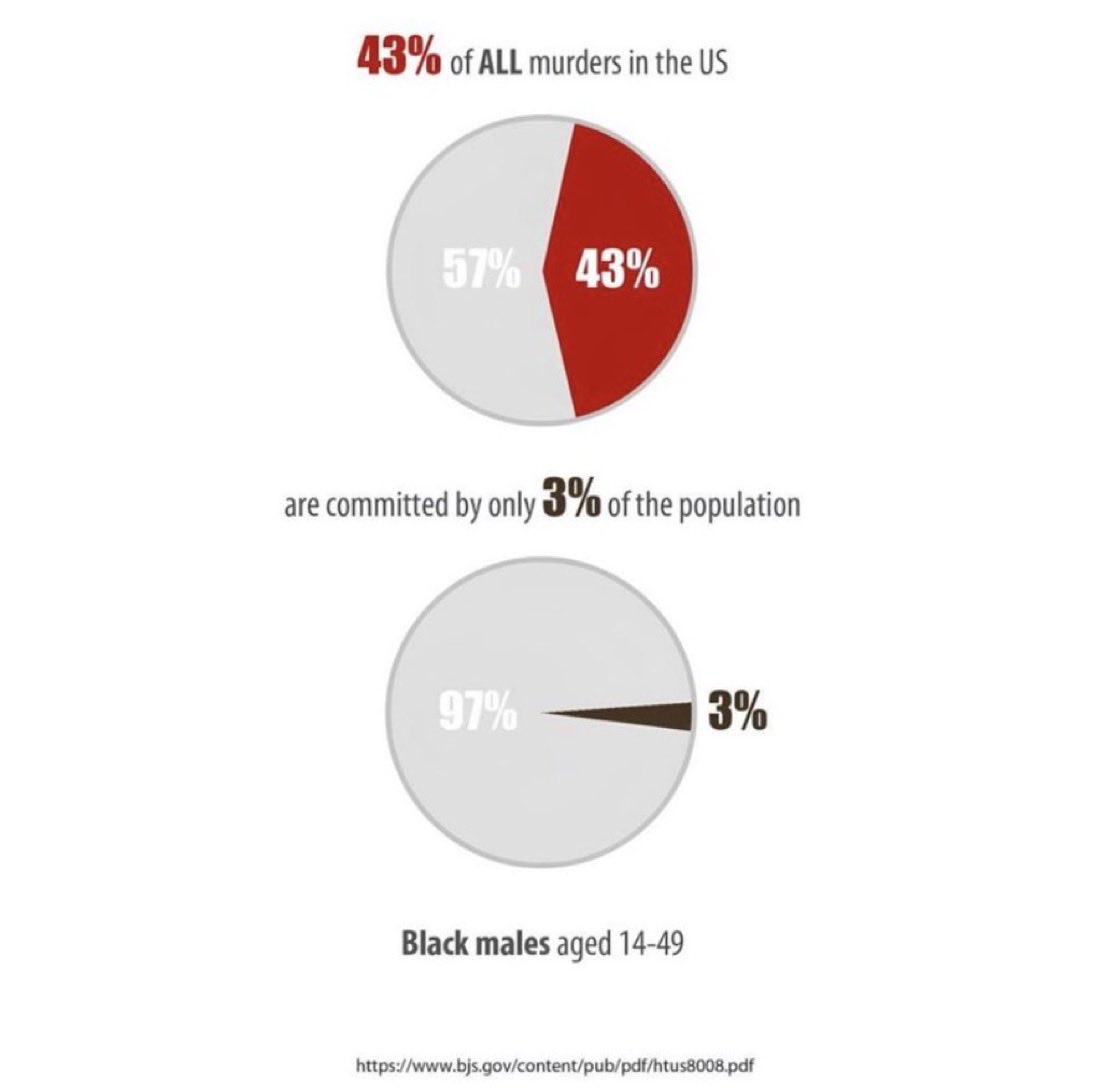Metals & rare earth minerals are vital for modern world and electronics. Apple generates $380 billion in yearly revenues on iPhones alone.
Every smartphone, smart device, computer, game console, vehicle needs batteries which require metals & rare earth minerals.
A thread 🧵 👇
Every smartphone, smart device, computer, game console, vehicle needs batteries which require metals & rare earth minerals.
A thread 🧵 👇

China 🇨🇳 dominates rare earth deposits, mining and distribution. 60%+ of rare earths are produced in China. 85%+ of rare earths are processed and distributed by China as of 2022
It’s a security issue that China monopolizes rare earths so much IMHO, but they own the mines.
It’s a security issue that China monopolizes rare earths so much IMHO, but they own the mines.

Among Rare Earths, Boron is even more of a strategic resource used in weapons, fertilizers, EVs, wind mills etc.
Boron carbide is 2nd hardest material, used in tanks, drones, body armor
🇹🇷 #Turkey has 70% of world’s #boron reserves
🇨🇳 #China processes 80% of boron carbide
Boron carbide is 2nd hardest material, used in tanks, drones, body armor
🇹🇷 #Turkey has 70% of world’s #boron reserves
🇨🇳 #China processes 80% of boron carbide

Worldwide uranium production shows about half of uranium is produced in Kazakhstan 🇰🇿. Namibia 🇳🇦 & Canada 🇨🇦 adds another 22%
cc: @michaeltanchum
cc: @michaeltanchum

Metals shortage that Europe will face to meet its green energy transition goals… Europe needs:
Lithium: 35x more
RareEarths: 7-26x more
Nickel: 2x more
Copper: 1/3 more
estimates based on study commissioned by Eurometaux
Lithium: 35x more
RareEarths: 7-26x more
Nickel: 2x more
Copper: 1/3 more
estimates based on study commissioned by Eurometaux

EU tries to catch up to rest of the world in Rare Earths production with a 2nd facility in Europe
Belgium chemicals group Solvay plans to create the second European site producing rare earths to meet needs for EVs, wind turbines, other green energy tech — cc:@michaeltanchum
Belgium chemicals group Solvay plans to create the second European site producing rare earths to meet needs for EVs, wind turbines, other green energy tech — cc:@michaeltanchum

Recycling rare earths is to be taken seriously if only 5% of your electronics are recycled… we could do a lot more
https://twitter.com/RedwoodMat/status/1567600686019547137
Lithium is in very constrained supply in the world. We are now entering into the battery operated era. There only a hand full of great mining locations for Lithium on Earth.
#RareEarths suppliers will control the supply and it’s time for Argentina 🇦🇷 and Chile 🇨🇱 to rise again.
#RareEarths suppliers will control the supply and it’s time for Argentina 🇦🇷 and Chile 🇨🇱 to rise again.

Looking at the worlds EV battery manufacturers, China is completely dominating this landscape.
China - 56%
S Korea - 26%
Japan - 10%
Rest 🌎 - 8%
If there is one thing US and the West could do, try to gain market share... EVs are going to dominate auto markets next
China - 56%
S Korea - 26%
Japan - 10%
Rest 🌎 - 8%
If there is one thing US and the West could do, try to gain market share... EVs are going to dominate auto markets next

• • •
Missing some Tweet in this thread? You can try to
force a refresh











